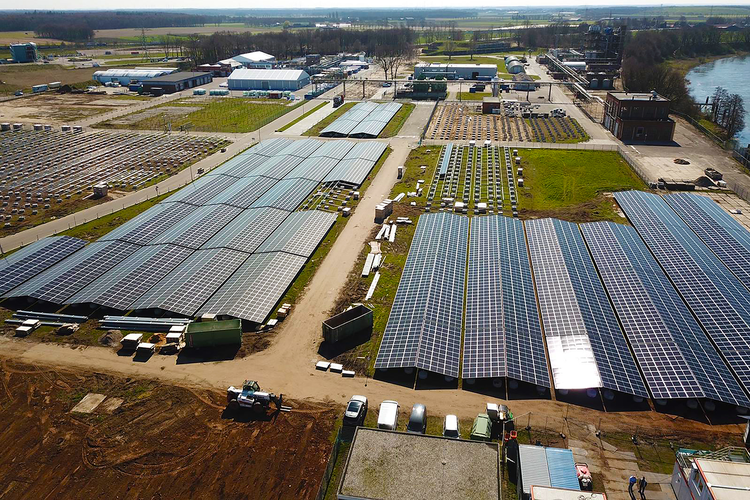Solvay recently worked with OnePoll to commission a survey of 2,000 U.S. adults to better understand their expectations of the future of transportation.
What will the future of transportation really look like? Are flying cars just around the corner? Will drones be delivering your takeout? Will you be able to vacation in space?
Nearly 75% of respondents say technology has come further than they ever expected in their lifetime, although 6 in 10 thought the 2020s would look more like futuristic shows or movies. Looking forward, 62% believe the majority of cars on the road will be electric by 2030 and nearly 70% see themselves purchasing an electric vehicle soon.
Automotive executives believe more than 50% of vehicles sold in the U.S. will be electric by 2030, and are projected to spend more than $515 billion by 2030 to make that happen. “There are fundamental changes needed to address the ethical and sustainable challenges in creating EV batteries. Governments, automakers, and materials providers are all going to have to work together to ensure the EV revolution is as green as promised,” said Mike Finelli, President of Solvay Growth Initiatives.
“The EV battery supply chain that has been built over the last 20 years will not be the same one that carries us through the next 20.”
Overcoming EV Barriers
While two-thirds of Americans say they are concerned about the transportation industry’s increasing impact on climate change, 80% said it is increasing prices at the gas pump that is making them consider buying an EV.
They also said steps like increasing reliability and reducing repair costs (47%), implementing more charging stations (40%), and reducing charge time (37%) would help get more people on board with EVs.
What’s Next?
Two-thirds of respondents expect transportation to soon look much different than it does now – mentioning interest in space trips or tours, hyperloop travel, autonomous airplanes and a transatlantic tunnel. More than half of them would even be interested in taking leisure trips to space if given the opportunity.
“Today, there’s no bigger challenge than creating a sustainable future for transportation that provides shared value for all,” said Finelli. “The solutions to humanity’s major challenges will not only be led by scientific breakthroughs, but by understanding the long-term impacts of those breakthroughs.”






